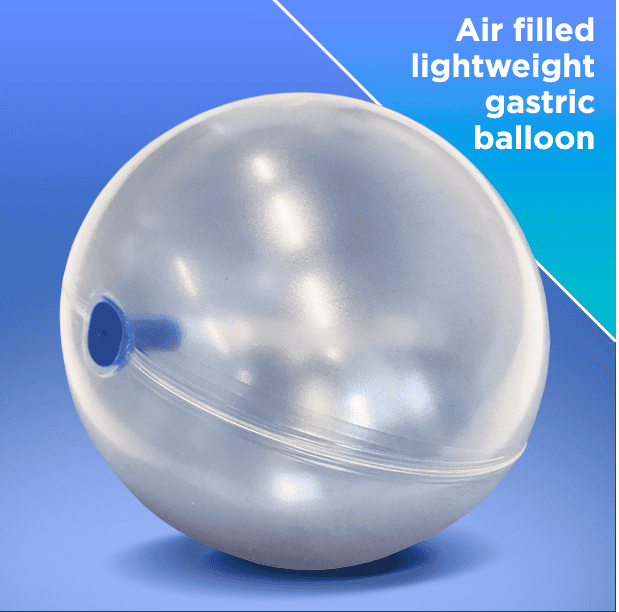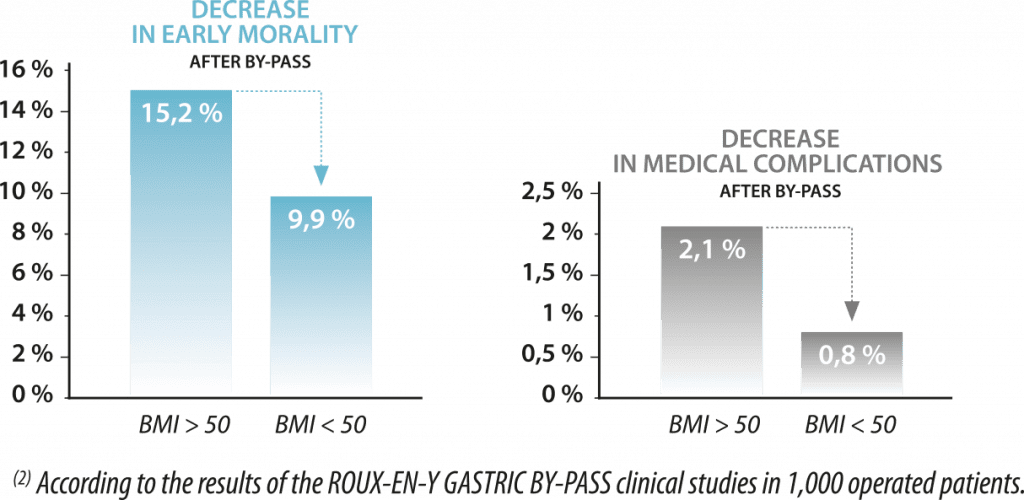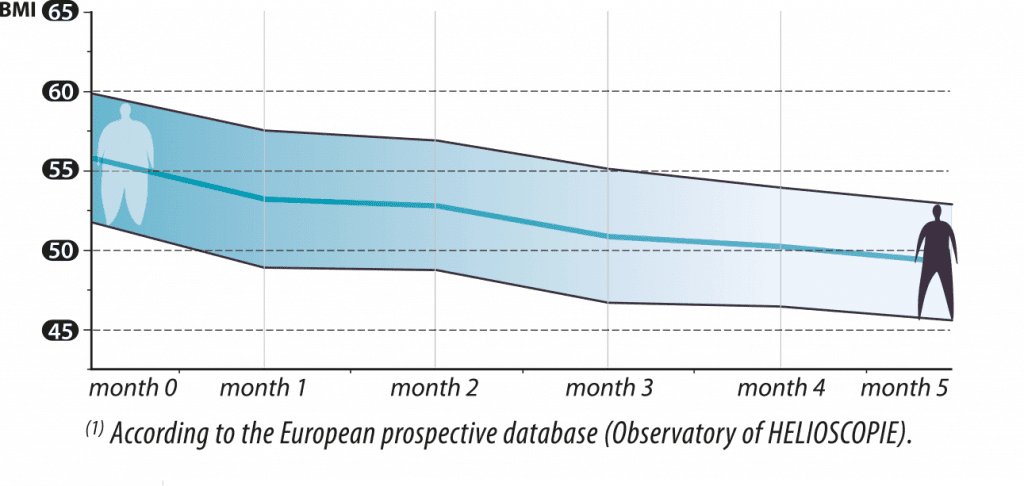About the Balloon
- Home
- About the Balloon
Heliosphere
600/720
The new gastric balloon technology
Heliosphere® is the Next Generation intragastric balloon technology. Filled with air, the ultra-lightweight balloon allows free natural movement in the stomach so no sustained pressure on the gastric mucosa occurs. This reduces the risk of complications and making it more comfortable for the patient.
Light sedation
insertion technique
Demonstration video
Instructions for use

Suitable for a Wide Range of Patients
Certified BMI ≥ 27 and with two sizes available, 600cc and 720cc, you can provide the best individual treatment for the widest range of patients.
Comfortable, robust and safe
The double-wall design gives reliable treatment duration and polyurethane construction means no silicone blockage risk.
A less complex insertion procedure
Insertion is under light sedation via a normal endoscopic procedure. There is no complicated and cumbersome saline injection required.
Inflated with air
Ultra-light weight (< 10-15 g) means less chance of nausea and vomiting and better patient tolerance.
Implantation duration
6 months. A second balloon may be inserted to extend treatment to 12 months.
Simple Extraction
- Normal endoscopic procedure.
- No requirement for saline suction.
- Polyurethane material means once perforated the balloon naturally returns to cylindrical shape with reduced requirement for suction.
- Unlike water-filled silicone balloons, the Heliosphere® will deflate completely without trapping any pockets of air.
Medical and Dietetic Support
It is important for the success of treatment that the use of the HELIOSPHERE® 600/720 intragastric balloons is accompanied by medical and dietetic support monitoring.
Conditions
The balloon has broad suitability conditions. From overweight patients (BMI ≥ 27) to obese patients who do not meet the criteria for bariatric surgery, to super-obese (BMI ≥ 50) as a gateway to bariatric surgery.
Results
Once inflated, the balloon reduces the nominal volume of the stomach. By acting freely in the stomach, HELIOSPHERE® causes a rapid feeling of satiety at meals. The patient eats less and loses weight.
Efficiency
Loss of weight up to as much as 24KG.1
Lowering of surgical risks thanks to the pre-operative reduction in weight. (Flancbaum observes a direct link between surgical risks and the initial Body Mass Index of patient. The reduction in the BMI before bypass lowers the risk of medical complications or early mortality.3)

1 deflation needle
1 pair of extraction forceps
1 universal connector
Reduction of BMI in 46 patients1
Correlation of surgical risks with initial BMI patients2

Bibliography
Erdem, H., et al. (2016). “Effects of Intragastric Balloon on Body Mass Index, Lipid Profile and Blood Glucose Regulation: A Prospective Study.” Dicle Tıp Dergisi 43(1).
Palmisano, S., et al. (2016). “Intragastric Balloon Device: Weight Loss and Satisfaction Degree.” Obesity surgery 26(9): 2131-2137.
Espinet Coll, E., et al. (2017). “Multicenter study on the safety of bariatric endoscopy.” Rev Esp Enferm Dig 109(5): 350-357.
Flancbaum, J. (2007). “Factors Affecting Morbidity and Mortality of Roux-en Y Gastric Bypass for Clinically Severe Obesity: An Analysis of 1,000 Consecutive Open Cases by a Single Surgeon.” J Gastrointest Surg (11): 500-507.
Mion, F. (2007). “Tolerance And Efficacy of an Air-filled Balloon In Non-Morbidly Obese Patients.” Obesity Surgery, (17): 764-769.
Giovanelli, A. (2007). Posters from the World Congress of IFSO: Air-Filled Intragastric Balloon (Bag): Italian Multicentric Results.
Ramirez, DK. (2006). “Heliosphere intragastric Air Balloon: Our Initial Experience in the Dominican Republic.”
Hermida, C. (2006). “Intragastric Balloon for Obesity: Comparative Study With 420 Patients: New Generation Air-filled vs Liquid-Filled.”
Claudez, H. (2005). “UEGW: Primary Experience With Air-Filled Intragastric Balloon Compared With Intragastric Balloon Literature Data. “


